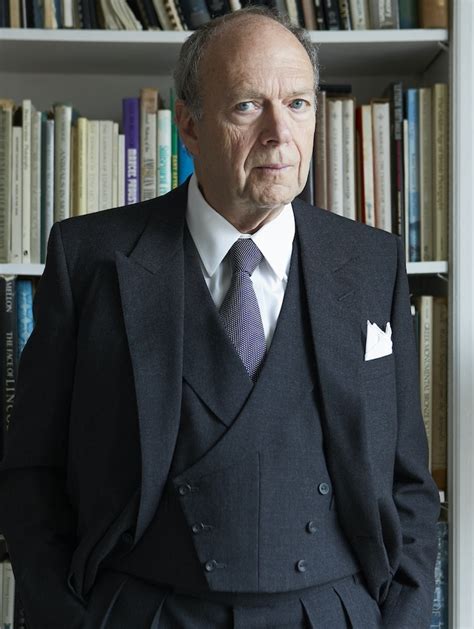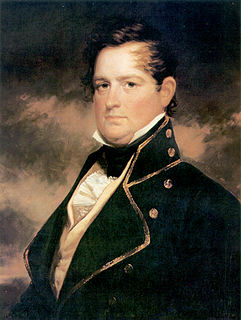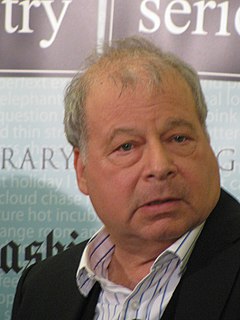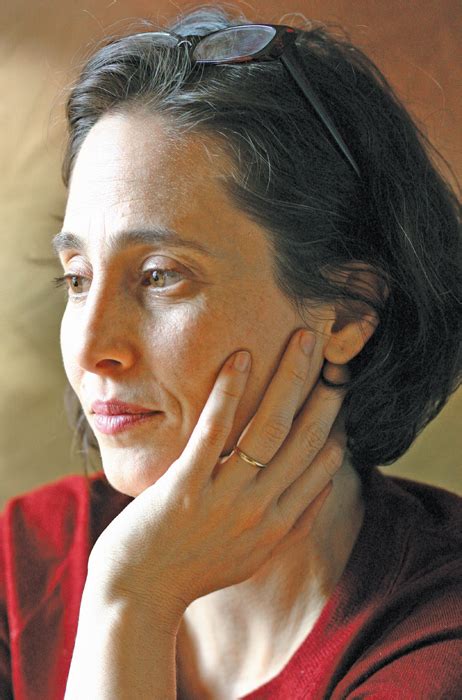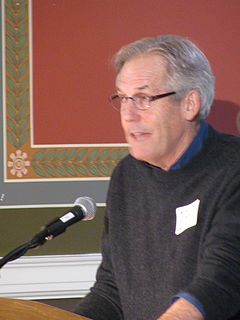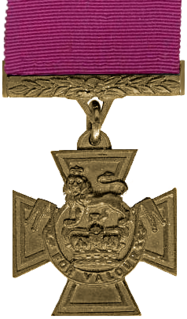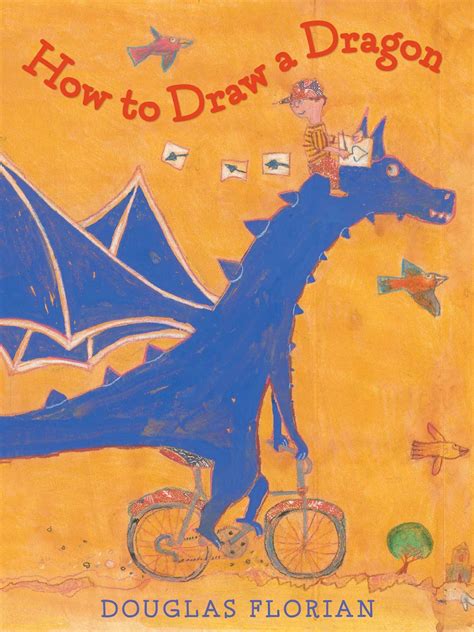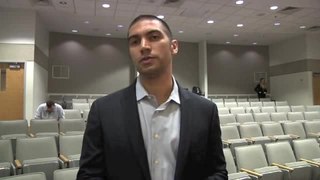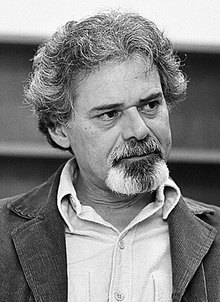Top 1200 Poems Quotes & Sayings - Page 2
Explore popular Poems quotes.
Last updated on April 20, 2025.
There is a particular quality of quietude and stillness that suffuses these painterly poems of Carol Ann Davis, so involved with loss, motherhood and the shifting tonalities of light that transform the domestic and ordinary into the strange and extraordinary that, combined with tenderness of address, approach the worshipful and make a number of these poems so moving and distinctive.
I wrote the poems in Charms Against Lightning one by one, over almost a decade, and I did not write them toward any theme or narrative. But once I really got serious about putting together a book, I began to see that in fact there were themes across the poems, if only because my own obsessions had brought me back time and again to the same ground. I realized that any ordering of the poems would determine how those themes developed over the manuscript, and how the collection's dramatic conflicts were resolved.
When Emily Dickinson's poems were published in the 1890s, they were a best-seller; the first book of her poems went through eleven editions of a print run of about 400. So the first print run out of Boston for a first book of poems was 400 for a country that had fifty million people in it. Now a first print run for a first book is maybe 2,000? So that's a five-time increase in the expectation of readership. Probably the audience is almost exactly the same size as it was in 1900, if you just took that one example.
The poems in Helena Mesa’s virtuosic first book, Horse Dance Underwater, run with such speed, verve, and alacrity they leave you breathless, exhilarated, and transformed as if the purest kind of song had lifted you into the air. By this quickness of language finding lyric speech, Mesa’s poems remind us of art’s joyous and ecstatic effects.
Robert Frost says in a piece of homely doggerel that he has hoped wisdom could be not only Attic but Laconic, Boeotian even - "at least not systematic"; but how systematically Frostian the worst of his later poems are! His good poems are the best refutation of, the most damning comment on, his bad: his Complete Poems have the air of being able to educate any faithful reader into tearing out a third of the pages, reading a third, and practically wearing out the rest.
Narrative nonfiction was not my forte. I always wanted to let my imagination run free, and the facts sometimes got in the way. At one point I wanted to illustrate Jack Prelutsky's enchanting poems. Unable to do that, I started devising and improvising my own poems, very raw at first. I immersed myself in verse, writing reams of stuff until it gelled.
As a guiding principle I believe that every poem must be its own sole freshly created universe, and therefore have no belief n 'tradition' or a common myth-kitty or casual allusions in poems to other poems or poets, which last I find unpleasantly like the talk of literary understrappers letting you see they know the right people.
I love to read long books. I enjoy experiencing that extension. But it's not something I feel comfortable with and not something I think I can gain comfort with by practice. It was a real struggle for me while writing memoir to get past three pages or so. In poems, I can write long poems. But length in prose: no.
I do feel that now and I feel that this development of recording poems, of speaking poems at readings, of having records of poets, I think this is a wonderful thing. I'm very excited by it. In a sense, there's a return, isn't there, to the old role of the poet, which was to speak to a group of people, to come across.
